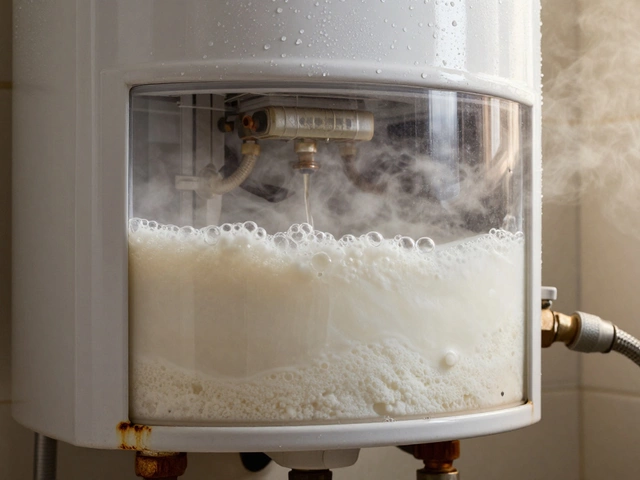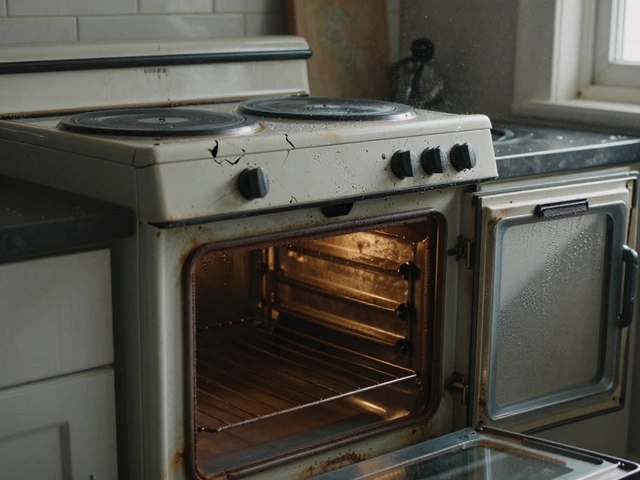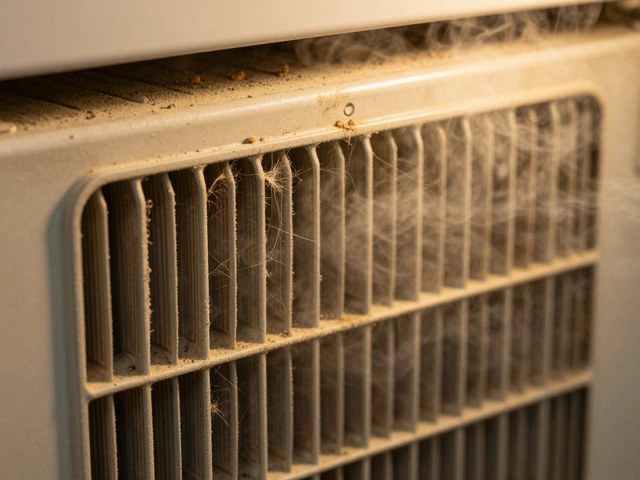Appliance Lifespan: How Long Do Your Home Devices Really Last?
Ever wondered why one fridge runs for 15 years while another dies after five? The answer isn’t magic – it’s a mix of build quality, how you use it, and how well you look after it. Below we break down the typical life expectancies for the most common appliances and give you straight‑forward ways to stretch that clock.
Factors that Impact Appliance Lifespan
First, let’s talk about what actually wears an appliance out. Rough handling, poor installation, and ignoring regular maintenance are the biggest culprits. Even the best‑made machine will age faster if you overload the washing machine, let the dryer vent get clogged, or never clean your fridge coils.
Climate matters too. A water heater in a hard‑water area corrodes quicker, and a boiler that runs constantly in a cold house sees more wear than one that’s only used a few months a year. Brand reputation plays a role as well – reputable manufacturers tend to use sturdier parts, but they’re not immune to neglect.
Here’s a quick snapshot of average lifespans for UK homes:
- Washing Machine: 10‑12 years
- Dishwasher: 9‑12 years
- Refrigerator/Freezer: 10‑15 years
- Oven (electric or gas): 10‑15 years
- Dryer: 8‑12 years
- Water Heater: 8‑12 years
- Boiler: 10‑15 years
These numbers are averages – you’ll find machines that outlive them and others that give up early. The key is to understand the warning signs before a total breakdown.
Tips to Keep Your Appliances Running Longer
Now that you know the typical lifespans, let’s talk about practical steps you can take right now.
1. Clean Filters Regularly – Whether it’s the lint filter in your dryer, the pump filter in a washing machine, or the condenser coils on a fridge, dirty filters force the motor to work harder and heat up. A quick clean every few weeks can add years.
2. Don’t Overload – It’s tempting to stuff the dishwasher or dryer to save trips, but that stresses the motor and can cause premature wear. Follow the manufacturer’s load limits.
3. Level and Stabilise – A washing machine that rocks on an uneven floor will wear out its bearings fast. Use a level and tighten any wobbly feet.
4. Keep Doors Sealed – A fridge with a dented door seal loses cool air, making the compressor run nonstop. Check seals monthly and replace if they’re cracked.
5. Schedule Annual Service – For boilers, water heaters, and high‑use ovens, an annual check‑up catches corrosion, gas leaks, or faulty sensors before they become costly repairs.
6. Use the Right Detergent – Hard water or excessive soap can leave residue inside washing machines and dishwashers, leading to blockages. Use the amount recommended on the label.
7. Turn Off When Not Needed – If you have an electric oven you only use a few times a year, consider unplugging it when you’re not cooking. The same goes for extra‑large freezers that sit idle.
Spotting early warning signs can save you a call to a repair tech. Strange noises, longer cycle times, or small leaks usually mean a problem is developing. Addressing them quickly often prevents a full‑blown failure.
Finally, keep a simple log. Write down the purchase date, any major repairs, and the next service due. When you see the total years adding up, you’ll know whether it’s time for a replacement or just a tune‑up.
Understanding appliance lifespan isn’t about being pessimistic; it’s about getting the most out of the money you’ve already spent. With a bit of care, most of the items on this list can hit the upper end of their life expectancy, keeping your home running smoothly and your wallet happy.
Is a 7-Year-Old Washing Machine Worth Fixing?
- Alden Wilder
- Mar 6 2025
- 0 Comments
Deciding whether to repair or replace a 7-year-old washing machine involves weighing costs, potential lifespan, and energy efficiency. This article explores key considerations in making the best choice for your laundry routine and budget. From understanding average repair costs to newer technology benefits, gain insights to help make an informed decision. Plus, get tips on assessing your machine's current condition. Read on to see if your trusty washer deserves another spin or if it's time for an upgrade.
View More




